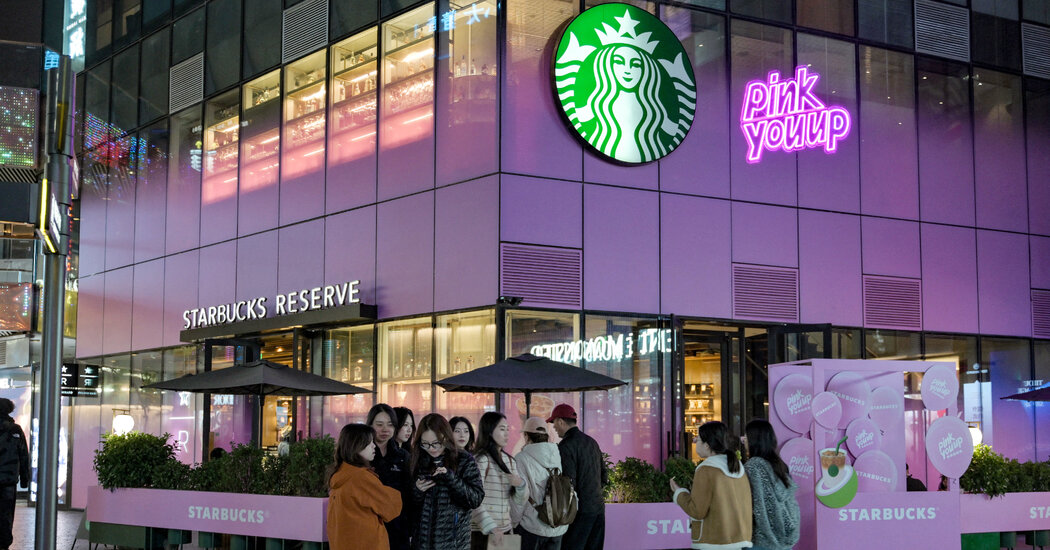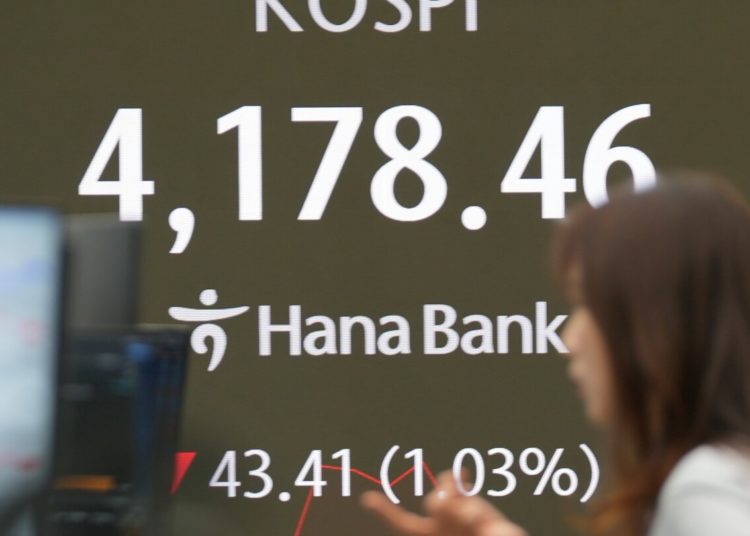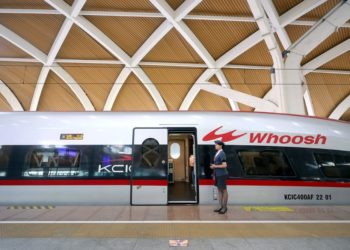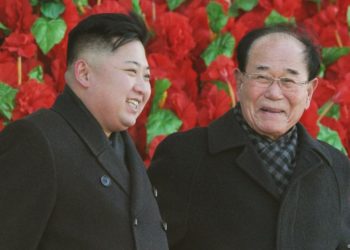Starbucks said on Monday that it had agreed to sell up to 60 percent of its retail operations in China to Boyu Capital, a private equity firm, in a deal valued at $4 billion.
The agreement states that Boyu and Starbucks would operate its nearly 8,000 stores there under a joint venture. Starbucks will own and license its brand and intellectual property to the new entity, according to a statement.
Starbucks said it expected the value of its retail business in China to exceed $13 billion, which includes the proceeds from the sale, the company’s remaining 40 percent stake, as well as the expected value of licensing fees over the next decade.
“This approach allows us to combine the strength of the Starbucks brand, our coffee expertise, the third place, and our unique partner culture with Boyu’s deep knowledge of the China market and local expertise,” Brian Niccol, Starbucks’s chief executive, said in a statement.
Mr. Niccol added that the joint venture agreement would be finalized in early 2026. Boyu has offices in Singapore, Shanghai, Hong Kong and Beijing.
China has been a big bet for Starbucks going back decades.
Starbucks opened its first shop in China in 1999, at a time when tea dominated and a coffee culture was practically nonexistent. But as China’s middle-class grew and aspired for iPhones, Louis Vuitton handbags and other international brands to signal its newfound wealth, Starbucks’s flourished.
Today, China is Starbucks’s second-largest market, accounting for about 8 percent of revenue. At the end of June, there were 7,828 stores in China compared with 17,230 in the United States.
But in recent years, consumers in China have increasingly turned away from foreign brands as they have become more cost conscious and curious about local rivals.
A number of Chinese chains like Luckin Coffee, ChaGee and HeyTea flooded the region, offering coconut milk lattes, boba milk teas with cheese cream and sugary jasmine tea frappés, often with significant promotions.
For Starbucks, which has resisted entering a price war on lattes and cold brew coffees, same-store sales over the last couple of years have weakened, as has its share of the overall Chinese market.
Mr. Niccol has spent much of his first year as chief executive of Starbucks trying to bolster the chain’s business in the United States. While he has said the turnaround is happening, the company’s stock has fallen 17 percent in the past year. In late September, the company abruptly said it was laying off 900 corporate staff and shuttering more than 600 stores that it said was underperforming.
Last month, Starbucks reported its quarterly global revenue rose 5.5 percent from a year earlier, to $9.6 billion. But its net income dropped 85 percent to $133 million.
But Starbucks’s struggles in China are another significant test for Mr. Niccol. Last year, he told Wall Street analysts that the company needed to ”figure out how we grow in the market now and into the future” in China. That growth could come with the help of a strategic partner, he added.
Emmett Lindner is a business reporter for The Times.
Julie Creswell is a business reporter covering the food industry for The Times, writing about all aspects of food, including farming, food inflation, supply-chain disruptions and climate change.
The post Starbucks to Sell 60% of Its China Business to a Private Equity Firm appeared first on New York Times.




